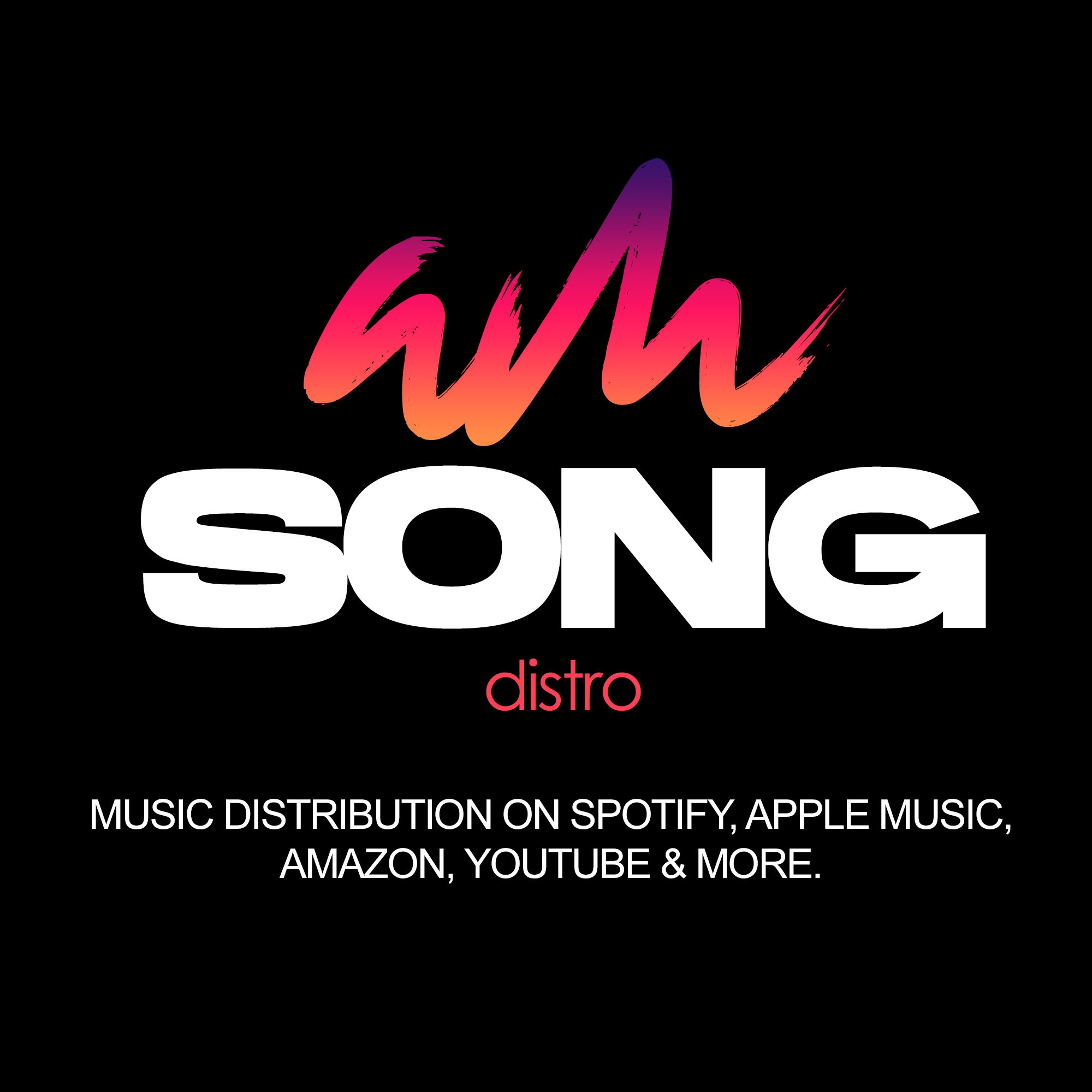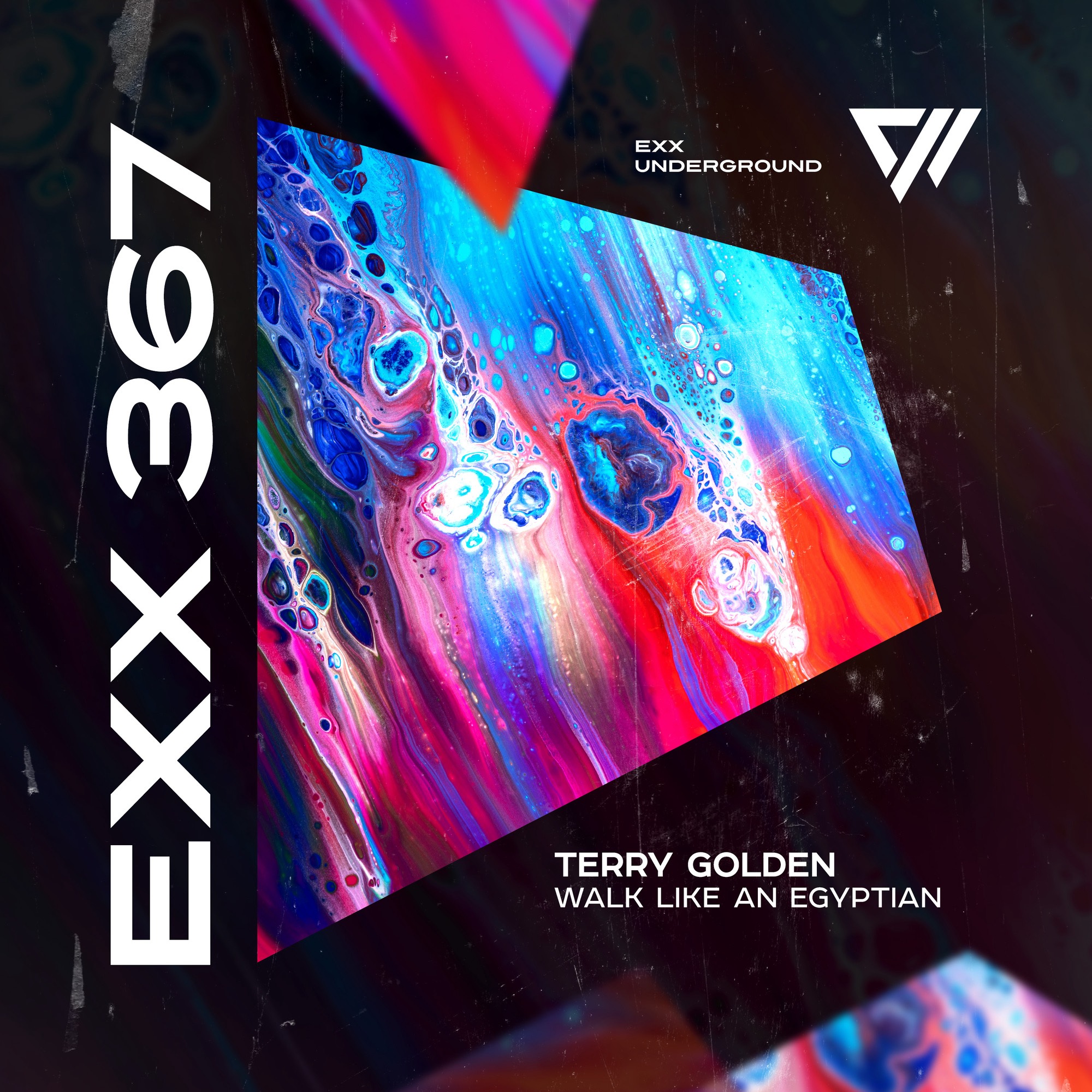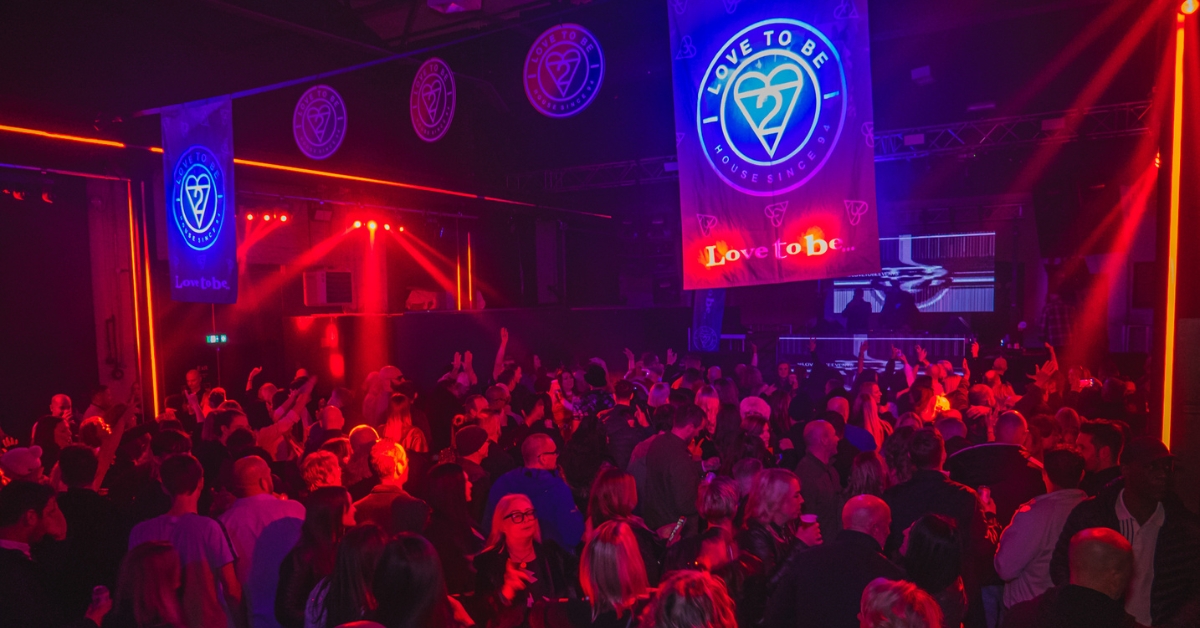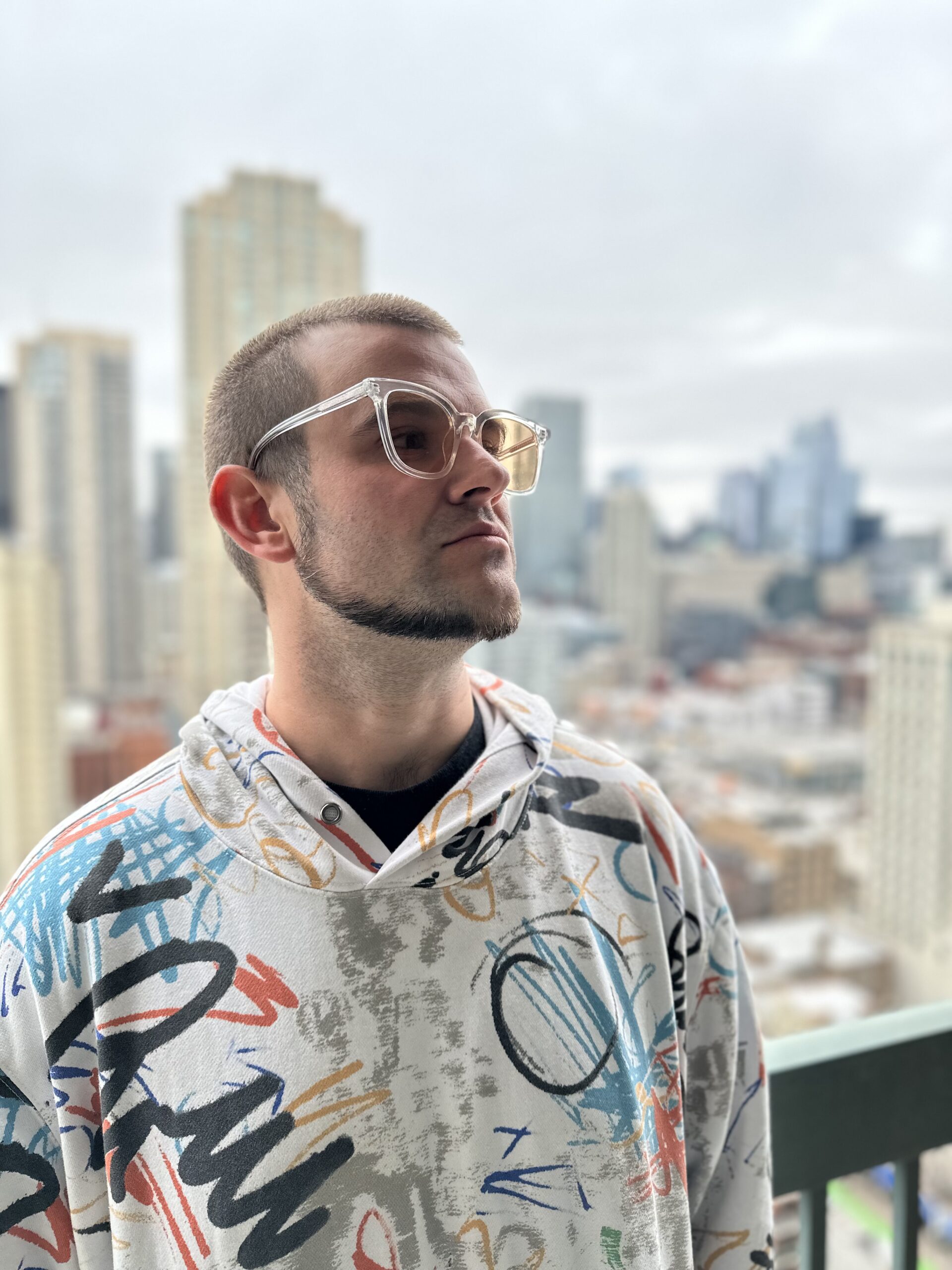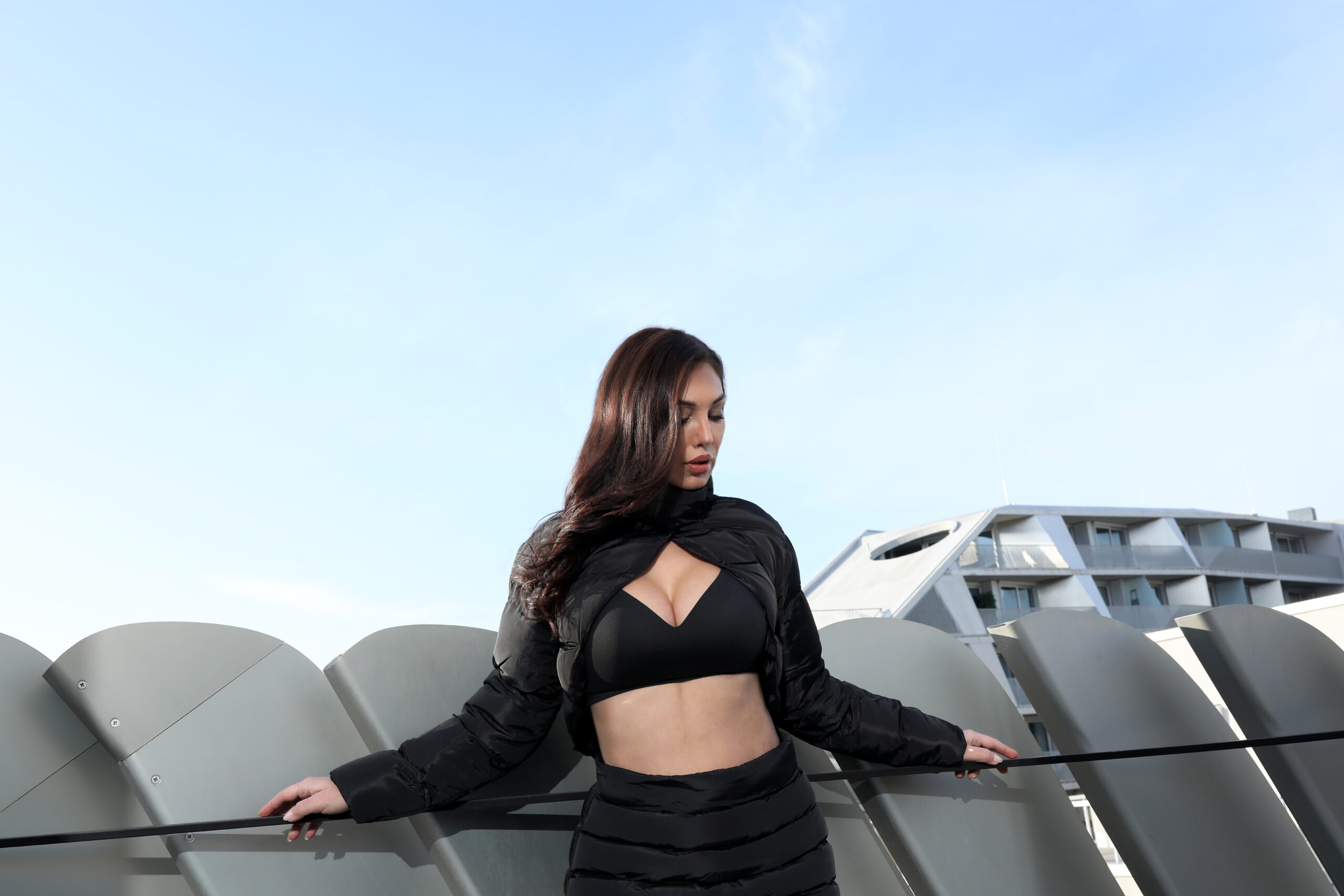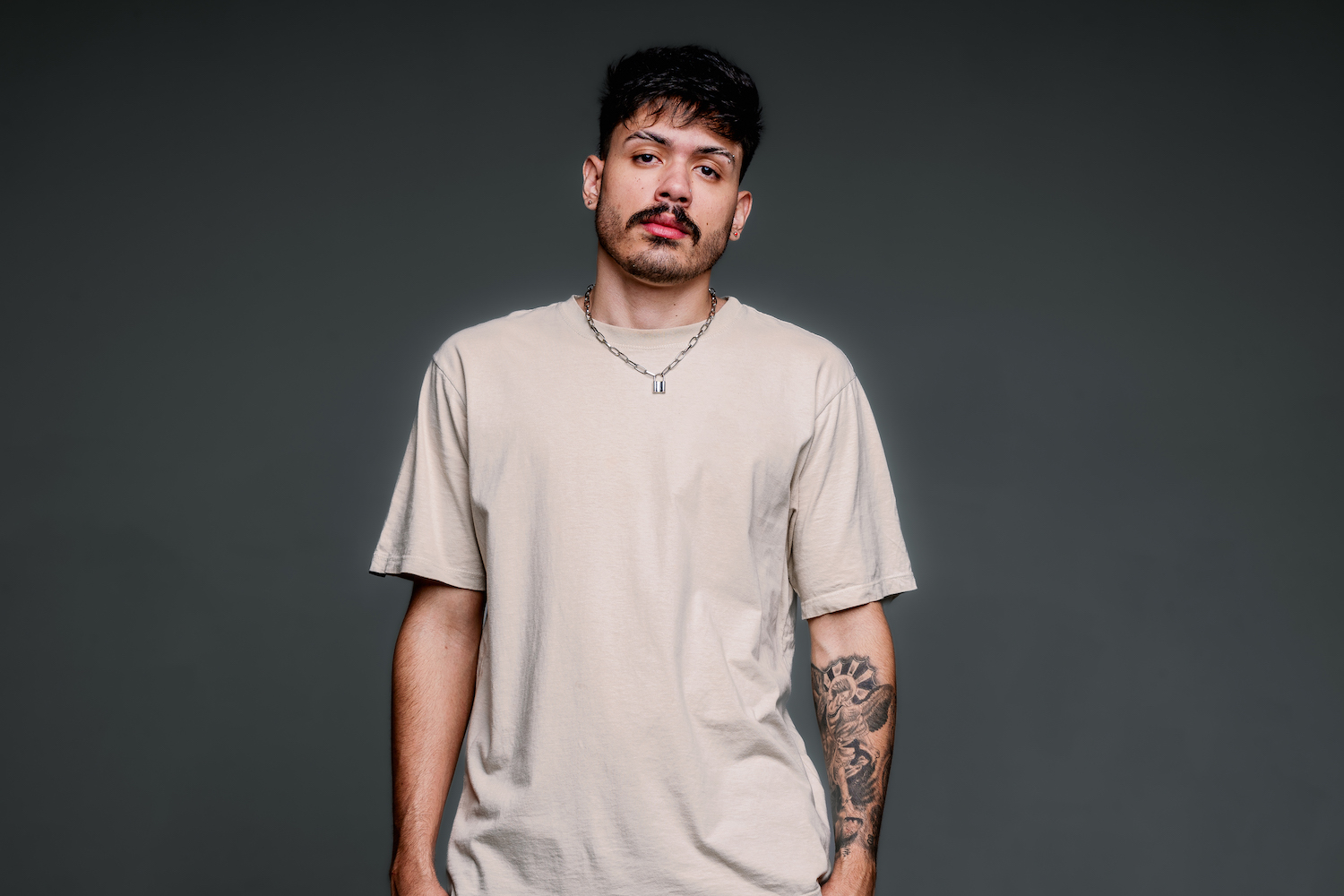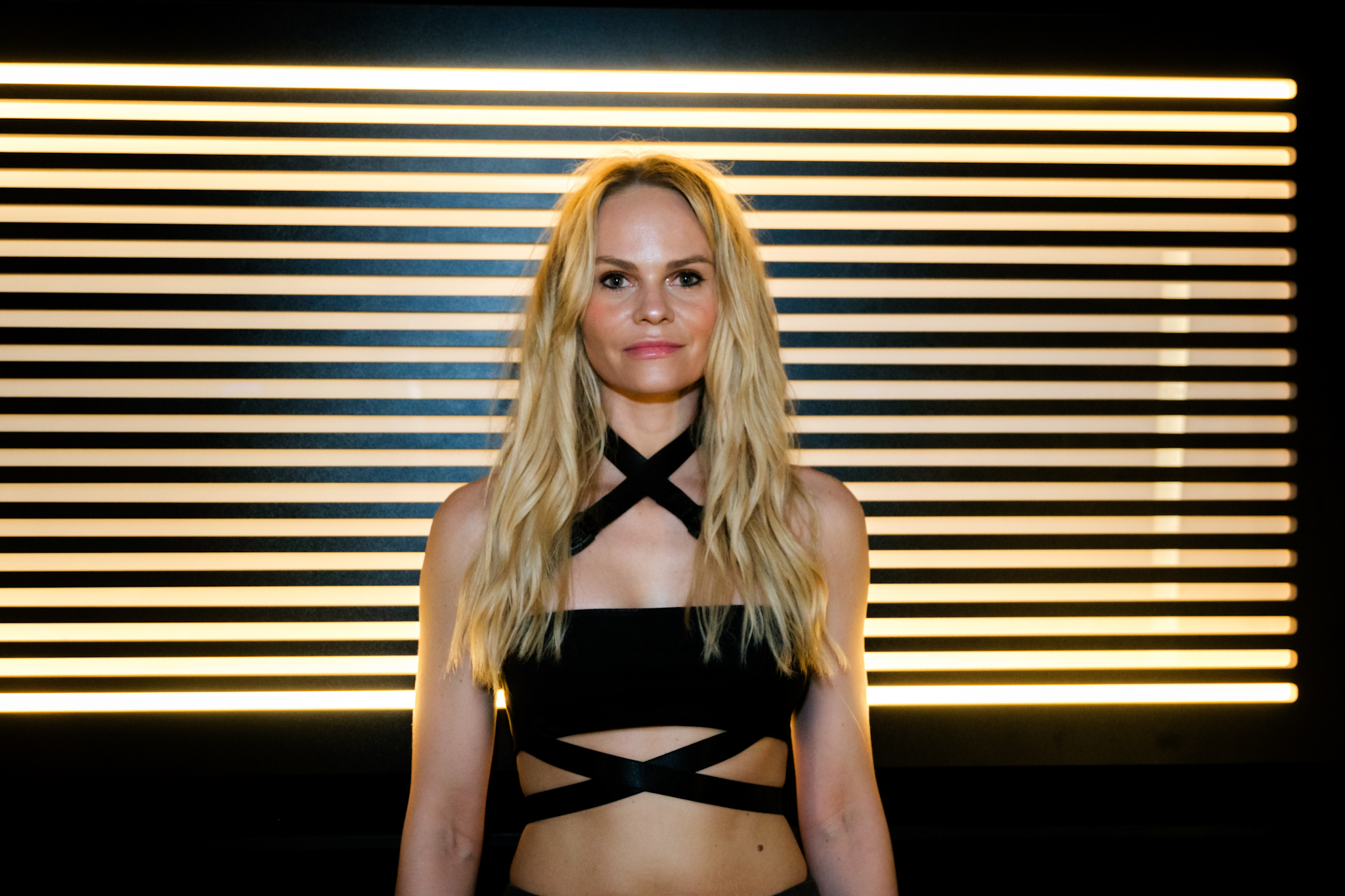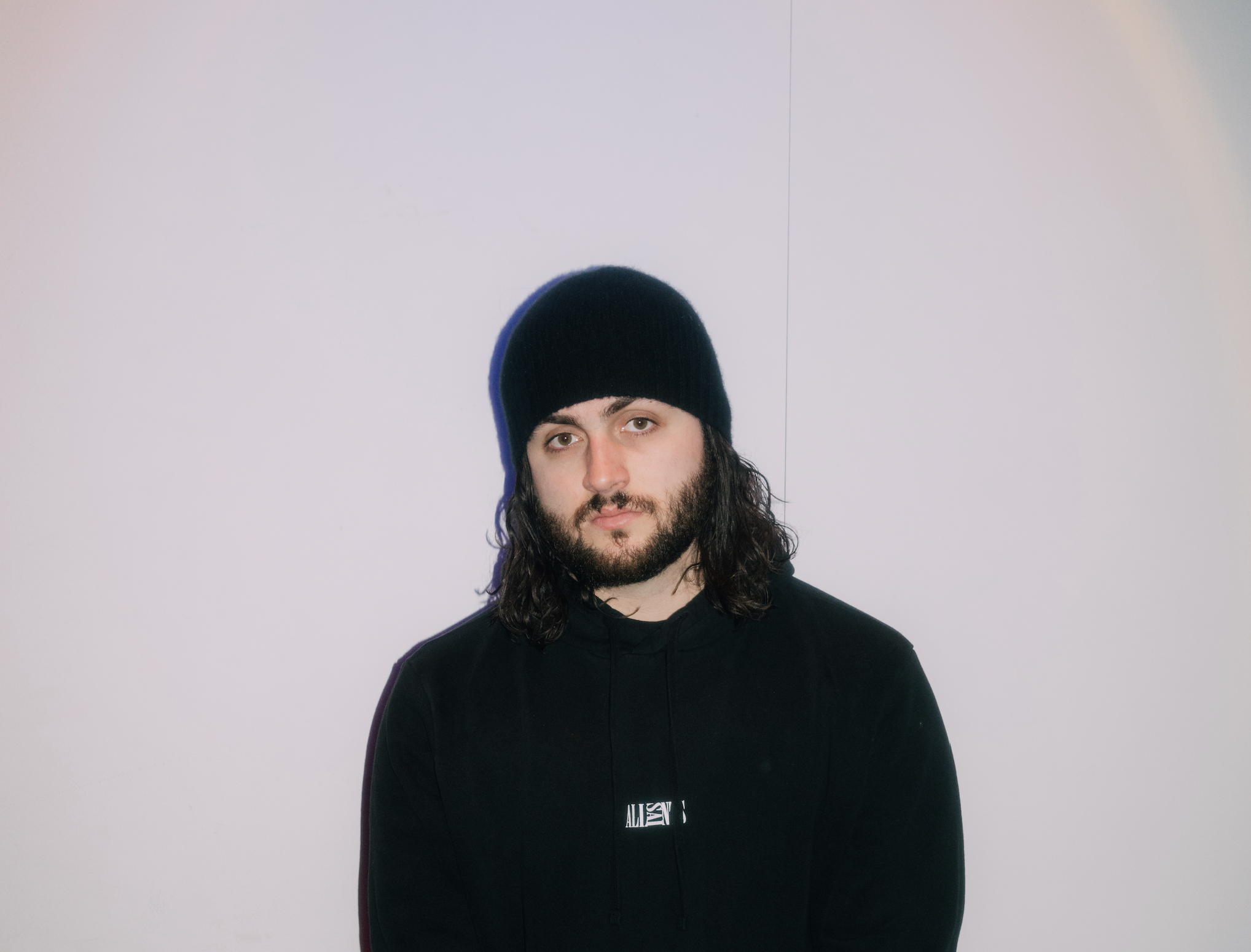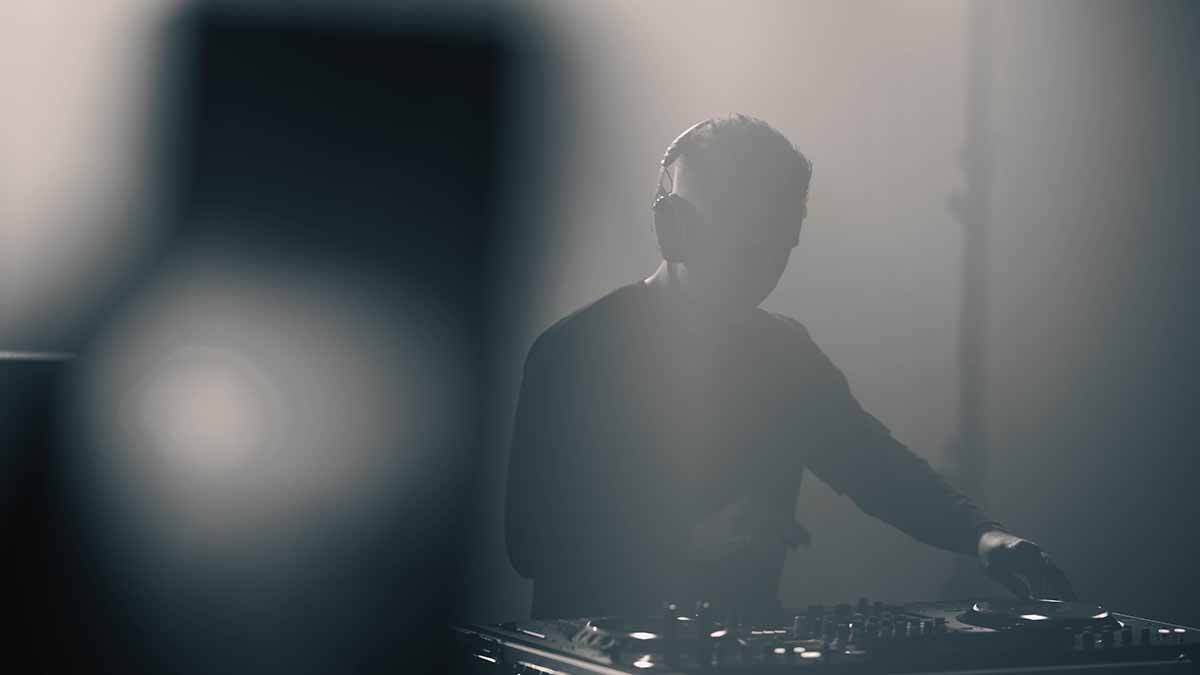Interview: Hoax (BE)
Belgian DJ and producer Hoax (BE) is a name to watch in the global electronic music scene. Known for

Belgian DJ and producer Hoax (BE) is a name to watch in the global electronic music scene. Known for his ability to effortlessly blend afro-house, melodic house, and club-ready beats, he’s been making waves with a string of standout releases and high-profile collaborations. From the shimmering rhythms of Feel The Love, a collaborative triumph with Autograf and sadHAPPY, to the club-focused energy of Yennenga on Cavo Paradiso Records, Hoax has carved out a unique space in the ever-evolving soundscape of electronic music.
Rooted in the rich musical heritage of Belgium, Hoax draws inspiration from the country’s world-class festivals while adding his distinct touch. Tracks like Boomerang and his remix of Rahat Fateh Ali Khan’s Dost Banke showcase his versatility, blending commercial appeal with underground sensibilities. As he continues to explore afro-house and other genres, Hoax is focused on crafting tracks that resonate on both dancefloors and streaming platforms.
In this interview, Hoax discusses his creative process, the balance between mainstream and underground music, and his excitement for future projects, including his remix of Steve Aoki’s Visa.
Your track “Feel The Love,” a collaboration with Autograf and sadHAPPY, has garnered significant attention. Can you share the inspiration behind this afro-house anthem and how the collaboration came about?
This record came to life thanks to the power of social media. Autograf reached out to me on Instagram and we worked on the song remotely, I was in Ibiza at the time of this collaboration. I am very happy this has been successful and we already have a follow up single coming very soon in 2025. The title will be “I Can Get High”.
“Boomerang” and “Yennenga” have showcased your versatility within afro-house. What was your creative process for these tracks, and how do they represent your evolution as an artist?
Boomerang is a track I worked on something like 2 years ago, and I am happy it was released on Electronic Nature, Jonas Blue’s label. I think that track is quite commercial, and I really like the vocals of Tania Zygar, we worked on that song together and we had a great common vision about the track.
Yennenga is more clubby, and I got the inspiration to make that track in Ibiza. I am very pleased to have that song released on Cavo Paradiso records, because it is a great label that releases very good tracks, so I am very proud to be part of that label!
Your remix of Rahat Fateh Ali Khan’s “Dost Banke” introduces a fresh perspective to the original. What drew you to this project, and how did you approach reimagining such a renowned piece?
I really liked the original and although I did not understand the lyrics, I thought that they were very musical. The original song could really evoke something to me, the original artists are legendary! I pitched the idea to Warner India and they liked my take on the original song, and this remix has performed very well, especially on Instagram. Again this was a remix that was created in my studio in Ibiza.

With releases on labels like Armada Music and Cavo Paradiso Records, how do you determine which platforms best align with your artistic vision?
I try to create diverse music and I think for more “commercial” releases I am after a bigger label, but for clubby releases I am after the label that really understands my vision for that specific track.
The electronic music landscape is rapidly evolving. Which emerging trends excite you, and how do you plan to incorporate them into your future productions?
I am really liking afro house at the moment, right now it is becoming very popular, however my goal is to not follow a specific genre, but trying to make songs that can reach a wider audience, but at the same time that I can play in a club or festival. I like to release music that I can play for my sets, so it will need to be commercially appealing music that is still relevant for clubs. I am very excited for the release of my remix of “Visa” by Steve Aoki. I think that is a perfect example of a commercially appealing song that can also be easily played in a DJ set.
Your recent collaborations span a diverse range of artists and styles. How do these partnerships influence your sound, and what do you seek in a collaborative project?
Every collaboration is different, I always try to make sure that each collaboration is unique and the skills of the people involved complement each other in order to progress as an artist.
Balancing underground credibility with mainstream appeal is a challenge for many artists. How do you navigate this dynamic in your career?
Mostly I try to make music that I am proud to play in a club or festival. I think it would be stupid to make music that is not commercially interesting, because the goal is to reach a big audience, but at the same time, I like to make sure it is music I can play at a gig.
As a Belgian artist, how has your local electronic music scene influenced your work, and what unique elements do you bring from it to the global stage?
Belgium is a country of hard music, like techno etc. I think Belgium has influenced me because it has many world renown festivals, so I think the country where I was born inspired me to become a DJ and producer as I saw so many videos about those festivals when I was a kid. I think this is important because I started with the idea of becoming a DJ when I was 16 years old.
Follow Hoax (BE) on Instagram

